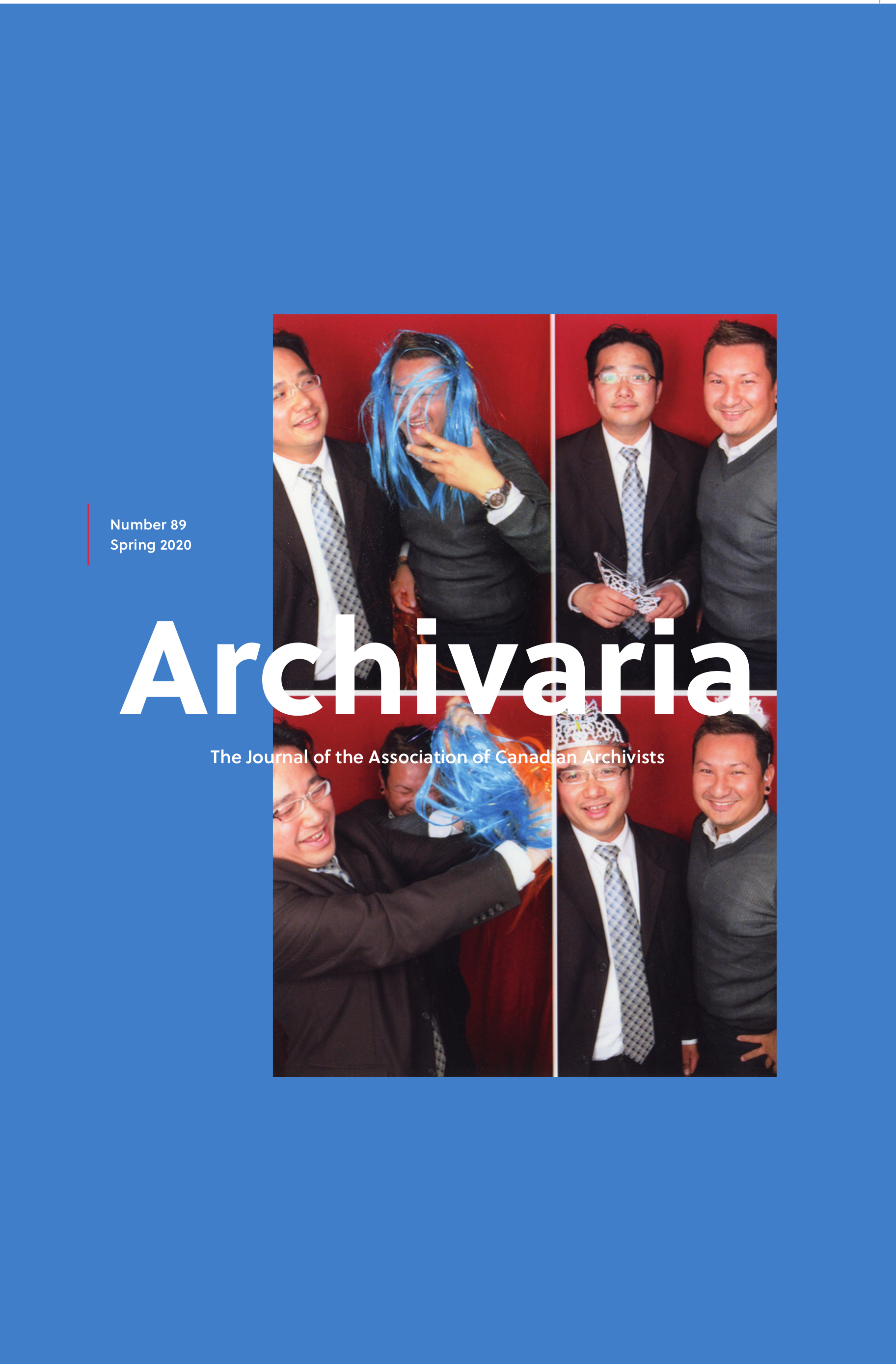Appraisal Talk in Web Archives
Abstract
The Web is a vast and constantly changing information landscape that by its very nature seems to resist the idea of the archive. But for the last 20 years, archivists and technologists have worked together to build systems for doing just that. While technical infrastructures for performing web archiving have been well studied, surprisingly little is known about the interactions between archivists and these infrastructures. How do archivists decide what to archive from the Web? How do the tools for archiving the Web shape these decisions? This study analyzes a series of ethnographic interviews with web archivists to understand how their decisions about what to archive function as part of a community of practice. It uses critical discourse analysis to examine how the participants’ use of language enacts their appraisal decision-making processes. Findings suggest that the politics and positionality of the archive are reflected in the ways that archivists talk about their network of personal and organizational relationships. Appraisal decisions are expressive of the structural relationships of an archives as well as of the archivists’ identities, which form during mentoring relationships. Self-reflection acts as a key method for seeing the ways that interviewers and interviewees work together to construct the figured worlds of the web archive. These factors have implications for the ways archivists communicate with each other and interact with the communities that they document. The results help ground the encounter between archival practice and the architecture of the Web.
RÉSUMÉ
Le Web est un paysage informationnel vaste et en changement constant qui, par sa nature même, semble s’opposer à l’idée de l’archive. Pourtant, depuis les vingt dernières années, les archivistes et technologues ont travaillé de concert afin de bâtir des systèmes qui feraient exactement ça. Bien que les infrastructures technologiques pour archiver le Web ont été abondamment étudiées, on en sait étonnamment peu à propos des interactions entre les archivistes et ces infrastructures. Comment les archivistes décident de ce qui sera archivé du Web? Comment les outils d’archivage du Web modèlent leurs décisions? La présente étude analyse une série d’entretiens ethnographique avec des archivistes du Web afin de comprendre comment leurs décisions concernant ce qui doit être archivé s’articulent en fonction d’une communauté de pratique. Elle utilise l’analyse critique du discours pour examiner comment l’utilisation du langage par les participants joue un rôle dans leurs processus de prise de décision d’évaluation. Les résultats suggèrent que les politiques et le positionnement des archives sont reflétés dans la manière dont les archivistes parlent de leurs réseaux de relations personnelles et organisationnelles. Les décisions d’évaluation sont l’expression des relations structurelles d’une archive et des identités de l’archiviste, qui sont forgées au cours des relations de mentorat. L’introspection agit comme méthode essentielle pour voir la façon dont les intervieweurs et les interviewés travaillent de concert pour construire les mondes façonnés des archives du Web. Ces facteurs ont des répercussions sur les façons dont les archivistes communiquent entre eux et interagissent avec les communautés qu’ils documentent. Ces résultats aident à ancrer la rencontre entre la pratique archivistique et l’architecture du Web.
Authors of manuscripts accepted for publication retain copyright in their work. They are required to sign the Agreement on Authors' Rights and Responsibilities that permits Archivaria to publish and disseminate the work in print and electronically. In the same agreement, authors are required to confirm that "the material submitted for publication in Archivaria, both in its paper and electronic versions, including reproductions of other works (e.g. photographs, maps, etc.) does not infringe upon any existing copyright." Authors of manuscripts accepted for publication retain copyright in their work and are able to publish their articles in institutional repositories or elsewhere as long as the piece is posted after its original appearance on archivaria.ca. Any reproduction within one year following the date of this agreement requires the permission of the General Editor.





